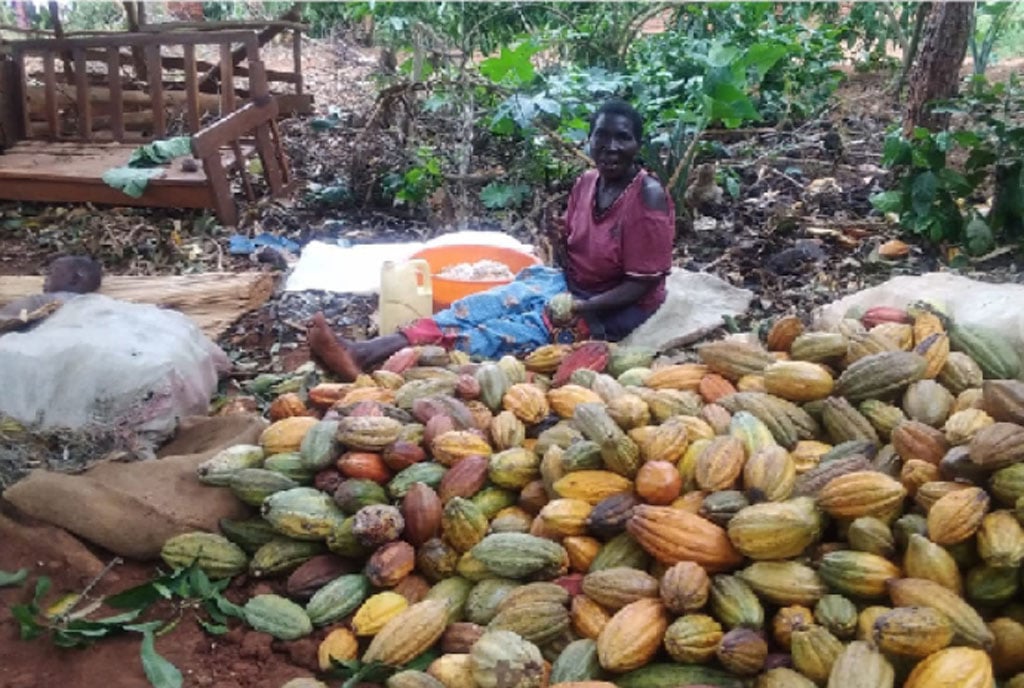Solar energy makes headway in W. Nile

A lady charging a phone using solar in a rural area in Arua. PHOTO BY FELIX WAROM OKELLO
What you need to know:
Residents and institutions are embracing the solar system in the region except for a few challenges like rain and inadequate funds.
Rural areas in West Nile brighten up at night and one might think electricity is connected to various homes. But this is not so, the credit goes to solar systems.
The system has also enabled residents to charge their phones unlike in the past where they rode several kilometres to town.
In Itula Sub-county in Moyo District, music is heard in kiosks with radios powered by solar.
Although Mr Joseph Adriko, a resident of Obongi Village, is happy with the development, he wonders when adequate electricity will reach his place.
“The solar system is efficient except during rainy seasons where there is no sunshine. But it has enabled me light the house and charge phones freely,” Mr Adriko says.
Adriko, who dreams of installing a solar panels for charging at least 10 mobile phones at a go, does not know when it will become a reality due to financial constraints.
“There is a company that sells and installs the panels. According to my calculations, it will cost me about Shs150,000. I will buy what I need little by little,” he says.
Rural schools, churches, mosques and local government offices also rely heavily on the solar system.
A solar panel of about 120 watts costs at least Shs650,000.
In Yumbe District, the main street is illuminated at night by solar lights.
A technician with Solar Systems Limited, Mr Tabu Guma, says most rural areas go for solar because it is less costly than using generators which are expensive to maintain.
“So they rather invest big and have less maintenance costs,” he adds.
Mr Tabu said an 85 watts solar panel is installed at Shs2.1 million, including a battery, inverter and charger controller.
The main challenge in the region, however, remains providing alternatives to charcoal which represents 90 per cent of the national energy consumption.
Experts say use of alternative energy can alleviate the pressure on forest resources.




